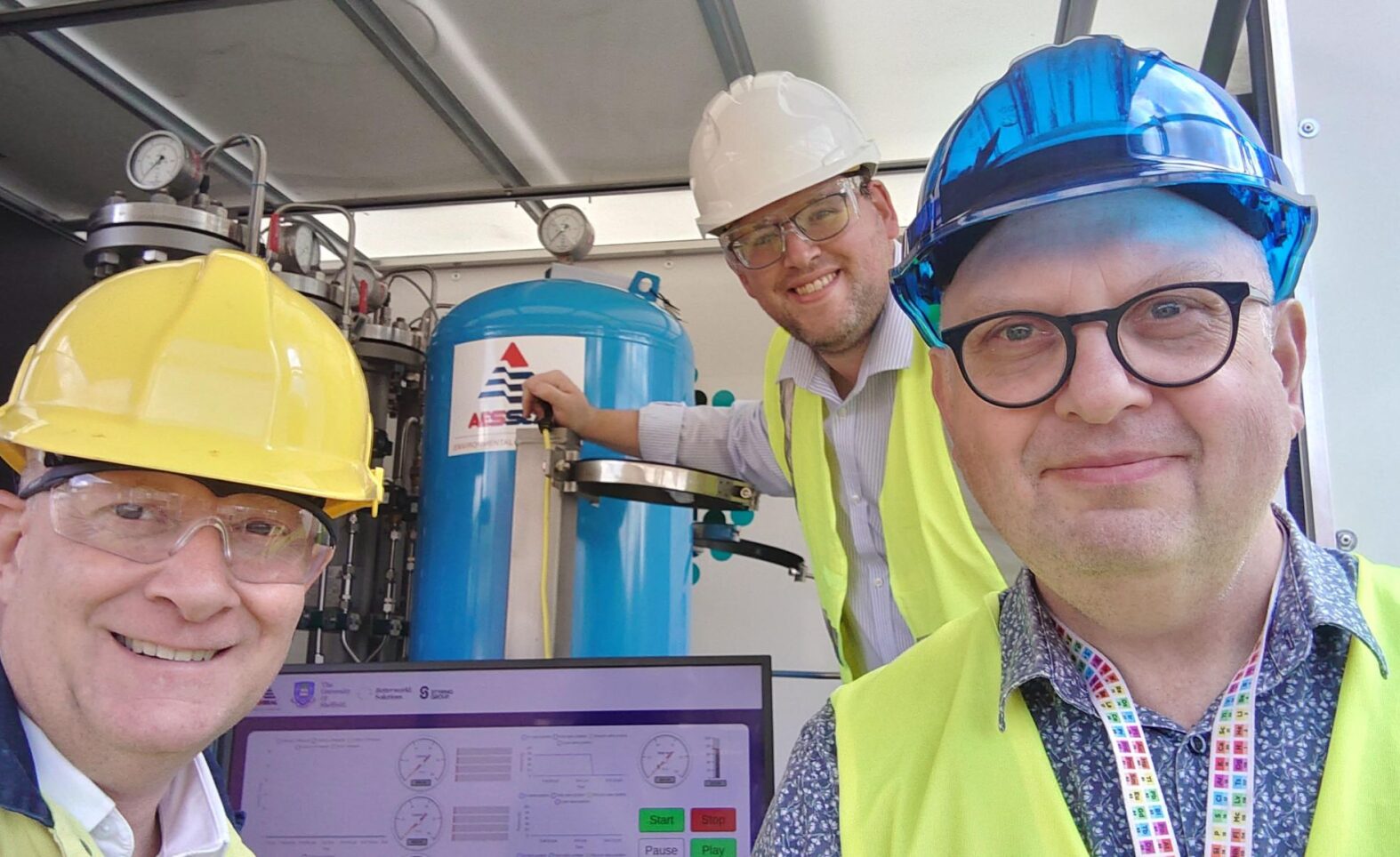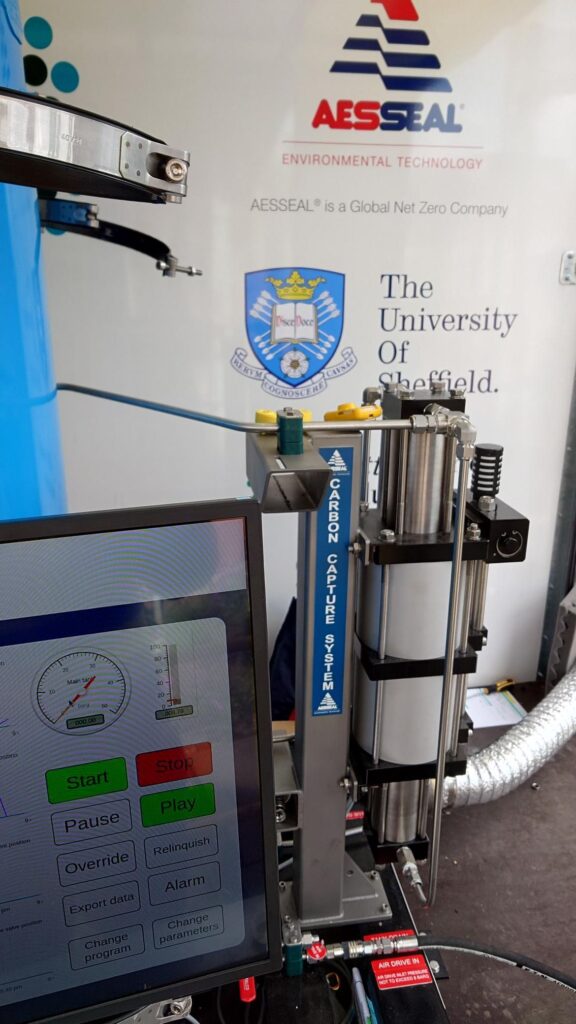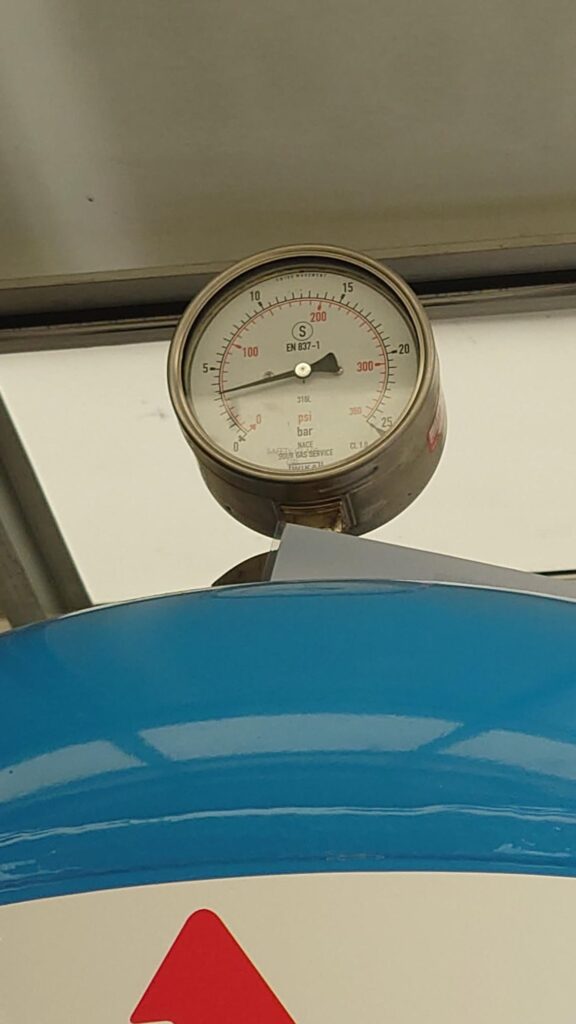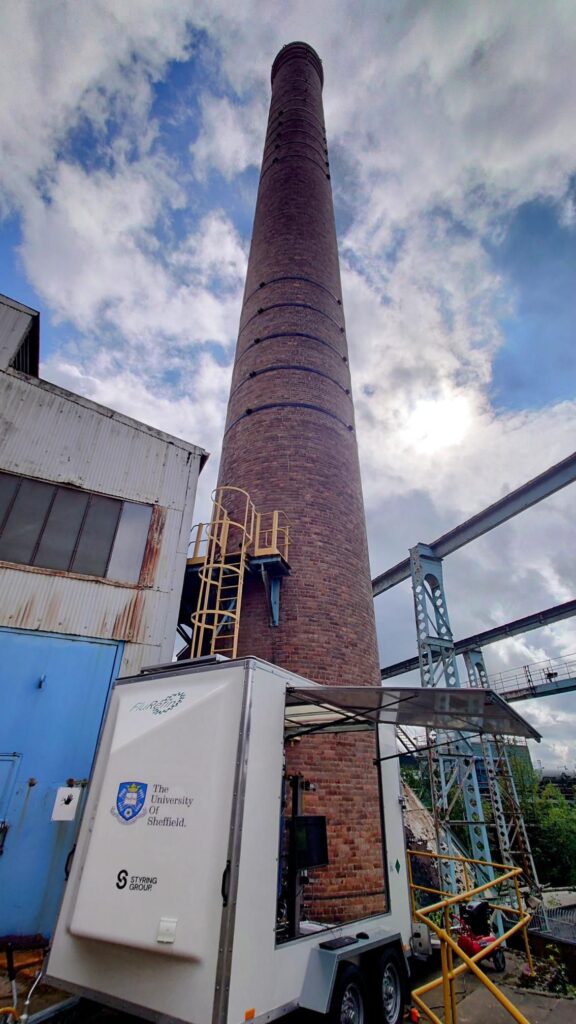Whyalla featured on hit documentary series Australian Story
In September 2018, the ABC’s hit documentary series Australian Story tracked ...

In August LIBERTY Speciality Steels, in conjunction with the University of Sheffield, started Carbon Capture Trial at the LIBERTY Brinsworth site, on a hot rolling mill furnace. This trailblazing initiative aims to combat climate change by curbing carbon dioxide (CO2) emissions stemming from extensive industrial sources.
LIBERTY Steel UK has already implemented many projects aimed at reducing emissions. We use the electric arc furnace (EAF) method to produce lower-carbon steel, which is far less carbon-intensive than the blast furnace-basic oxygen furnace (BF-BOF) route. However, we want to go further to become carbon neutral by 2030.
The concept of carbon capture involves capturing CO2 emissions directly from their point of origin, subsequently repurposing the captured carbon dioxide for the production of alternative fuels, base chemicals, cosmetics, or securely storing it underground. There are different carbon capture technologies, but this particular one is the most innovative and effective.

Through the deployment of this advanced technique, LIBERTY and the University of Sheffield are working together to achieve substantial reductions in the carbon footprint associated with large-scale industrial operations. This trial is being conducted as part of the SUSTAIN Steel Research Hub project, a collaborative venture led by Swansea University. The project brings together more than twenty partners across the UK steel industry: primary manufacturers, supply chain, trade bodies, academic experts and research organisations working together on a seven-year research programme to transform the UK steel sector into a carbon neutral, zero waste, digitally agile industry that is responsive to the fast-changing needs of customers.
Ed Heath-Whyte, LIBERTY Steel UK Head of Environment and Sustainability said:
“Our Brinsworth Strip Mills site has a long history of innovation and trial work. The FLuRefin unit built by AESSEAL was setup successfully and trial started. By focusing on applying this state-of-the-art technology to a hot rolling mill furnace, the trials aim to validate its effectiveness. If successful, this practice has the potential to be scaled across the UK, heralding a transformative shift within the industry”.
Peter Styring, Professor of Chemical Engineering & Chemistry at The University of Sheffield said:
“Great to see our research starting to make an impact. Thanks to all at Liberty Steel for having us on-site for the test flight on a live stack! The next task is to balance the flow into the unit. Looking good so far and importantly learning new improvements”.
The importance of Research and Innovation in the fight to prevent climate change is at its height now. The work we do now and have done in the last 10 years are the future technologies that we will be implementing over the next decades impacting the reduction in CO2 emissions.
Ed Heath-Whyte, LIBERTY Steel UK Head of Environment and Sustainability



Leave A Reply